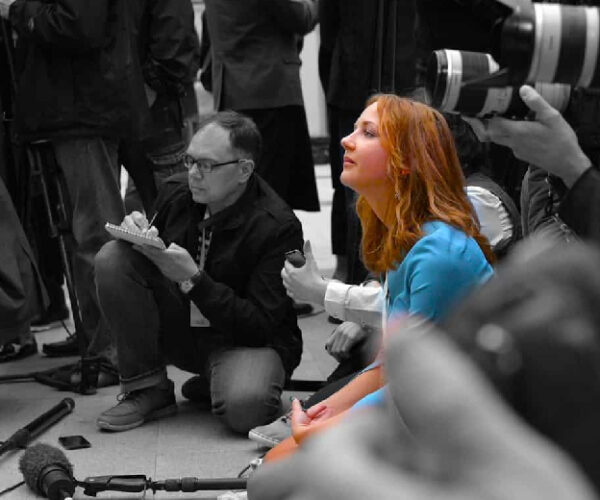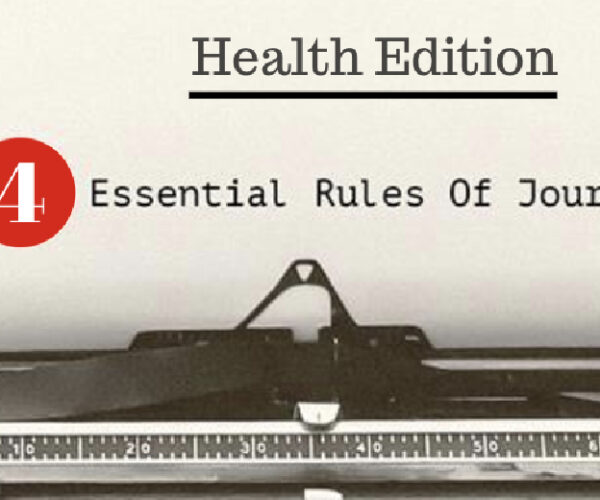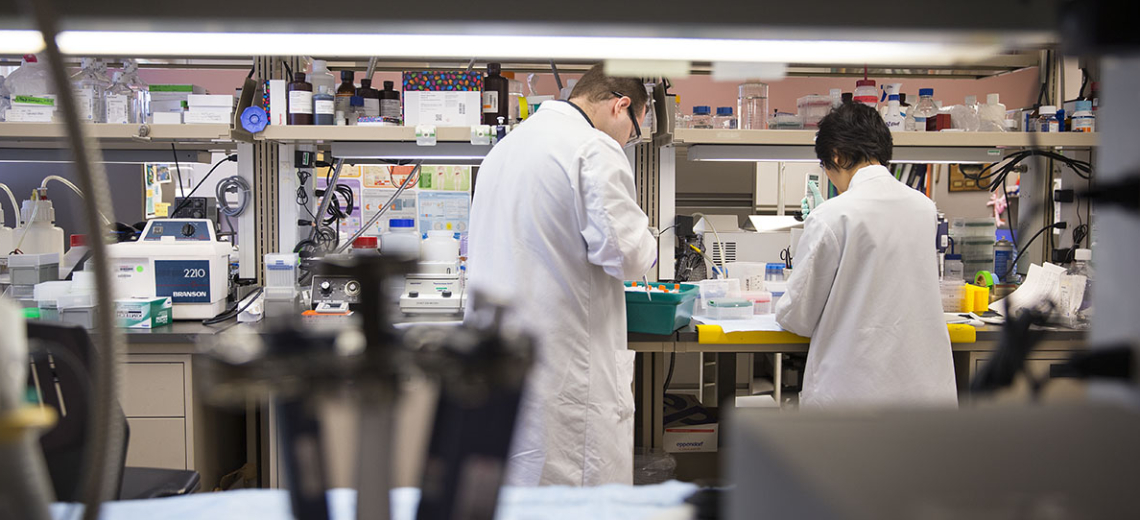Role of PET CT Scan
An oncologist is tutored and primed to assess a patient’s condition and help them in choosing the right decision and try their best to increase the health and the quality of life. But, there are situations when the clinicians have to oppose choices related to the goals of care, communications, resource employment, and many other factors that go beyond the management of clinics. Medical ethics takes up the challenge of assessing the right choices by helping to find the principles at stake, assessing relative responsibility of the clinician towards prospective interests or outcome and presenting the moral grounds for choosing the desired path or the other.
This is a case study done by Anderson Diagnostics about PET CT Scan presenting three cases to start practicing oncologists to challenge the common dilemmas of ethics.
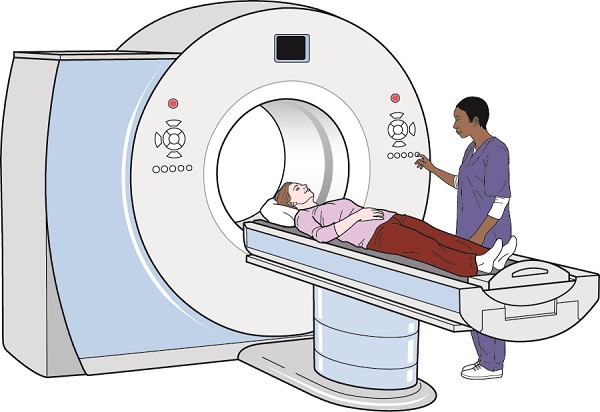
PET CT SCAN Case Study
Firstly, they have to consider a case where the therapy cost may ratify the patient. This, in turn, raises the question of how the oncologist can consolidate the cancer care’s cost in turning in to the medical decision.
Second, they have to consider a case which involves the conflict of the patient and his family’s choices for the prognostic information. It will then lead to raise questions as to how to guide and discuss the illness. Find out more about PET CT Scan for cancer screening.
Finally, a case where the patient does not respond to the treatment and request the family to move to aggressive care in which most of the time, it will likely be futile and also erratic with the patient’s interest and preferences.
Find Out More About : Know Your Oldest Newspapers
The common point of each case is the conflicts of the patient’s interest and the other interest of the family or society. So the role of the oncologist is to balance and meet their expectations and at the same time, being limited to their duty. These issues are not new, but the choices sure highlight an essential aspect in oncology, as to how to give the best treatment to advanced cancer’s patients?
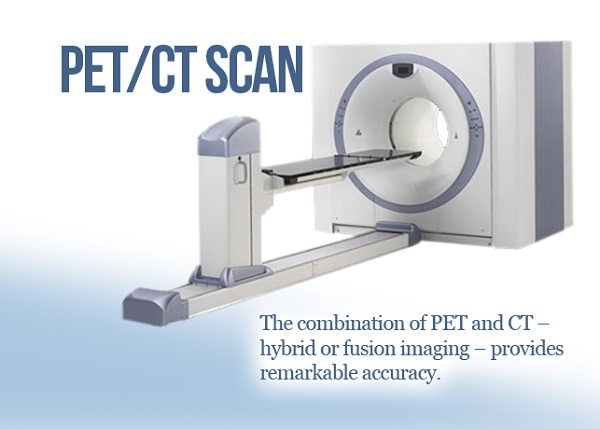
PET CT Scan and Oncologists
These issues lead to questioning the modern oncology where the cost of healthcare is high and sour, the insufficiency to converse prognosis and other care preferences. The communication of the oncologist to the patient and the family to know them about their choices and the care fails at some time, and this attributes to cost the cancer care. It is mostly that during the last time of their life or at an advanced stage that they seek medical help. The aggressive care given at the last minute leads to worst life quality or toxicity and also proven futile.
The license of the physician is only the sole authority to order tests and procedures, and they cannot be ordered or ruled out by others. The oncologist has come up with many treatments and care out which PET CT Scan can cover the illness. It can be difficult to convince, but one must try their level best to show the way for cancer-directed therapy to the patients and their family members. What we believe is shared decision making. The early stage of cancer can be detected, advised, treated, and also be suggested for a surgical approach. It is the final decision of the patient in deciding the path of care. There may be conflicts and disagreements, but it’s the prime duty of the oncologist to show interest and care in the patient.
The oncologist obligations are not only to thrust a patient’s health or termed beneficence but also respect and honor the decision of the patient and his rights and choices of his treatment and care. But the physician has all the rights to oblige and avoid actions that may prove harmful to the patient.
The cancer patients usually opt for other options or complementary therapy while at the same time getting treatment of the traditional allopathic oncologist specialist. They may try many alternative options and procedures, and also they may refuse to care or change their minds.
At this point, the oncologist can have a consultation with the patient and his family to educate in regards to the options, prognosis, and the consequences of declining the therapy. The patients should also be well informed about the situation and their limitation on future days. Ongoing efforts by communication, understanding the patient, and negotiating care may prove to be fruitful in some cases.


